To help reduce its trade surplus with the United States, the Bangladesh government has decided to allow 100 additional American products to enter the local market at zero tariff. This initiative, part of a broader trade liberalization effort ahead of Bangladesh’s graduation from Least Developed Country (LDC) status reportedly, was formally communicated in a letter sent by Commerce Adviser Sheikh Bashir Uddin to the United States Trade Representative (USTR) on 7 April.
The letter outlines a strategic approach to ease both tariff and non-tariff barriers for American products, aiming to create a more open trading environment. It acknowledges that as Bangladesh prepares to graduate from LDC status, steps like these are necessary to align with global trade norms and foster stronger bilateral trade relations.
In addition to the zero-tariff expansion, the government is also planning a long-term agreement with the US for the import of liquefied natural gas (LNG), and is working to create opportunities for US private equity to invest in Bangladesh’s healthcare sector. The letter also reveals intentions to simplify customs procedures, reform import policy, and strengthen enforcement around intellectual property rights – actions aimed at enhancing the country’s trade environment.
Read more: Footwear Exporters of Bangladesh See Potential in US Tariff Shift Amid Growing Trade Concerns
Furthermore, proposals are underway to invite US automobile manufacturers to establish assembly or manufacturing plants in Bangladesh. Local private businesses are also being encouraged to scale up imports of essential US commodities such as soy, wheat, and cotton.
The commerce ministry’s communication highlights that the United States currently imposes a 15% tariff on all Bangladeshi exports, while Bangladesh maintains a weighted average tariff of 6.10% on US imports. Key American exports like raw cotton and steel scrap already enjoy negligible or zero tariffs. Despite being one of the largest importers of US cotton, Bangladesh’s garments, its primary export to the US, continue to face high duties.
The letter reaffirms Bangladesh’s commitment to identifying and eliminating obstacles to American exports. It also mentions several recent meetings between government officials and the trade wing of the US embassy in Dhaka, where both sides agreed on steps to facilitate smoother trade relations.
Chief Adviser Professor Dr Muhammad Yunus also reached out to US President Donald Trump earlier in the day, requesting a three-month delay in the imposition of reciprocal tariffs, originally announced on 2 April. The tariffs, which include a 37% duty on goods from Bangladesh, are set to take effect from 9 April.
In anticipation of the US tariffs, an emergency meeting was convened on 5 April by Dr Yunus to discuss Bangladesh’s strategy. Following the meeting, Commerce Adviser Bashir Uddin indicated that the government would work to revise the import policy and increase the volume of essential goods sourced from the US – moves designed to reduce the trade gap and build a stronger case for more favorable tariff treatment from Washington.
The government remains optimistic that ongoing diplomatic engagements and policy reforms will lead to a mutually beneficial resolution of the current trade tensions.
For more updates, be with Markedium.





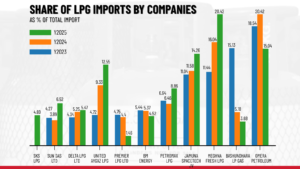






















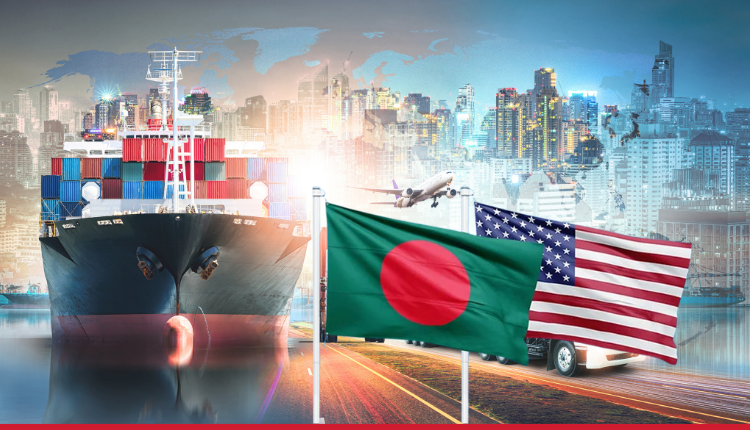


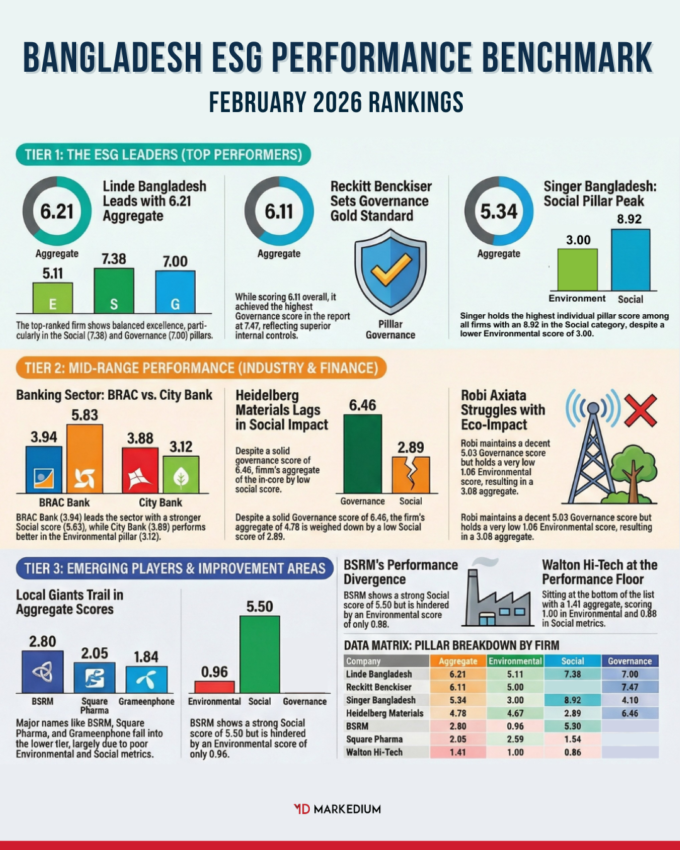



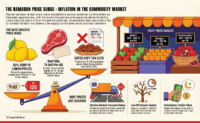




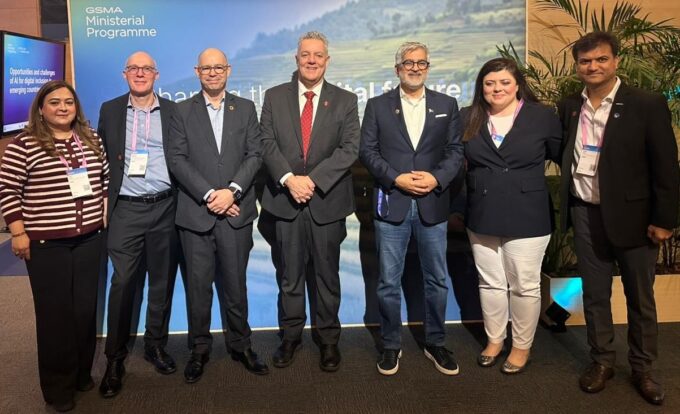




Leave a comment